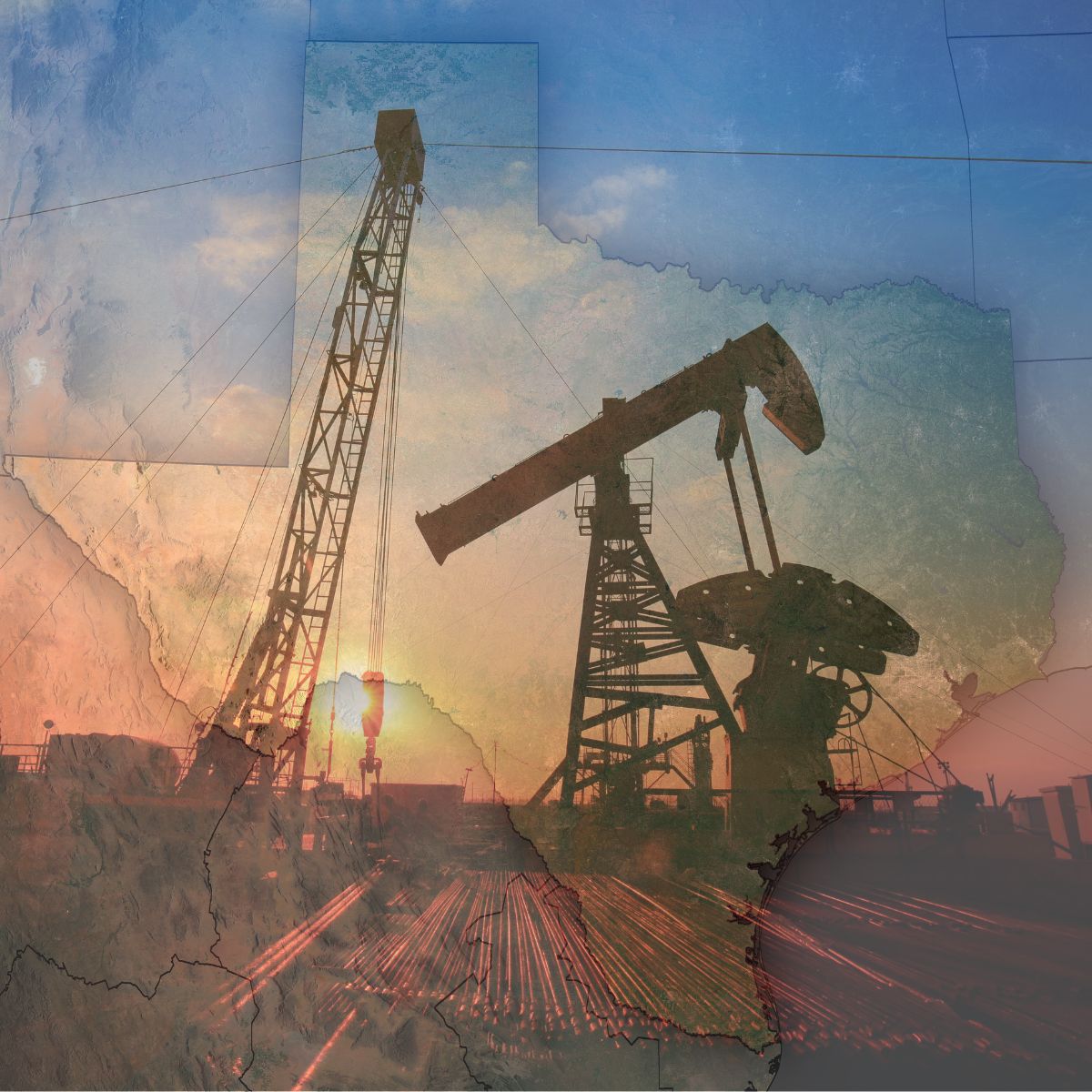
Oil and gas operators in Texas must comply with an extensive framework of federal and state laws governing exploration, production, transportation, and environmental protection. The primary state regulatory authority is the Railroad Commission of Texas (RRC), which oversees drilling permits, production reporting, well integrity, waste management, and pipeline safety. Operators must obtain drilling permits from the RRC before commencing operations and file completion reports, production data, and plugging records as required under Title 16, Texas Administrative Code, Chapter 3. The secondary state regulatory authority to note is the Texas Commission on Environmental Quality (TCEQ), which, for oil and gas operators, oversees air permits for equipment and flaring, stormwater and wastewater authorizations, spill reporting, and site remediation. Additionally, Texas General Land Office (GLO) regulations apply to operations on state-owned lands, including lease compliance and royalty reporting. See. Tex. Nat. Res. Code Ann. § 52.001 – 52.325
At the federal level, operators are subject to environmental and safety regulations administered by agencies such as the Environmental Protection Agency (EPA), Occupational Safety and Health Administration (OSHA), and U.S. Department of Transportation (DOT), with the EPA being by far the most important to be aware of. More specifically, regarding the EPA, key statutes that could affect oil and gas operations are: Clean Air Act (CAA), Clean Water Act (CWA), Safe Drinking Water Act (SWDA), and Resource Conservation and Recovery Act (RCRA).
The CAA requires control of air emissions from storage tanks, compressors, and flaring activities through permitting and reporting. The CWA and SDWA, while both address water use and disposal, differ and affect oil and gas operators differently. The CWA concerns unauthorized discharges to surface waters and regulates stormwater runoff from oil and gas sites under the National Pollutant Discharge Elimination System (NPDES). Under the NPDES program, any facility or activity that discharges pollutants from a “point source”, such as a pipe, ditch, well, or other discrete supply, into surface waters must obtain a permit. These permits set limits on what can be discharged, monitoring and reporting requirements, and best management practices to control pollution. Additionally, the EPA administers the NPDES program at the federal level. Still, it has delegated authority to most states, including Texas, where the TCEQ manages NPDES-equivalent permits under the Texas Pollutant Discharge Elimination System (TPDES). In Texas, typical violations include unauthorized discharges or exceeding permitted discharge limits for specific pollutants, as well as discharging hazardous materials and failing to properly track, record, and submit reports. Penalties for these violations range from fines of $25,000 per day, remediating infractions at cost, and potential criminal liability in extreme circumstances.
The SDWA, on the other hand, oversees underground injection for enhanced recovery or disposal through the EPA’s Underground Injection Control (UIC) program, delegated in Texas to the RRC and TCEQ through the state primary enforcement program established by SDWA § 1422, 42 U.S.C. § 300h-1. Under section 1422 of the SDWA Texas was required to submit an application to the EPA and an administrative law judge for approval of their underground injection control program, which was approved for Class I, III, IV and V wells on January 6, 1982, and for Class II injection wells on April 23, 1982, which are wells specifically for the disposal of brine and wastewater produced during oil and gas recovery, enhanced oil and gas recovery or hydrocarbon storage. In December 2022 the RRC applied to the EPA for primacy for Class VI wells (geologic CO₂ storage), and in April 2025 the RRC and EPA signed a Memorandum of Agreement that outlines the transfer of that program to the RRC, which upon approval would streamline and make approval of Class VI well projects more efficient, and allow local expertise to be the primary form of regulation.
Lastly, RCRA governs the handling and disposal of hazardous waste, while exempting certain exploration and production wastes under the “E&P Exemption”, such as drilling muds, produced water, tank bottoms and other wastes associated with the exploration, development or production of crude oil, natural gas or geothermal energy. See. 42 U.S.C. § 6921(b)(2)(A) & 40 CFR § 261.4(b)(5) In summation, many EPA regulations and guidelines are administered at the state level through the TCEQ or RRC. They are in place to protect the environment, habitats, and wildlife in areas of oil and gas exploration, or to prevent Texas resources from being overexploited.
Maintaining compliance requires continuous monitoring, accurate recordkeeping, and prompt reporting of incidents, spills, and emissions. Operators should implement internal compliance programs, conduct periodic audits, and ensure personnel are trained on applicable RRC and EPA requirements. Noncompliance can result in administrative penalties, permit revocations, and civil or criminal liability. Here at R. Reese & Associates, we can help ensure that operators are aware of all state and federal guidelines and regulations and navigate compliance.

Tannon is a Junior Associate at R. Reese & Associates and part of the Transactions, Land, Title, and Commercial Contracts Teams. To learn more about Tannon, visit his attorney page.
Disclaimer: The information and material on this website is general information about our practice and firm. This information does not offer specific legal advice and the use of this information does not create an attorney-client relationship with RR&A or any of its attorneys. The information on this website should not be used for legal advice, and persons should not act upon the information on this website without engaging professional legal counsel.
